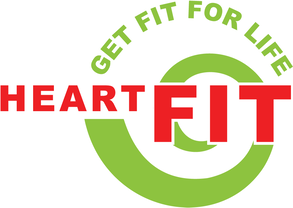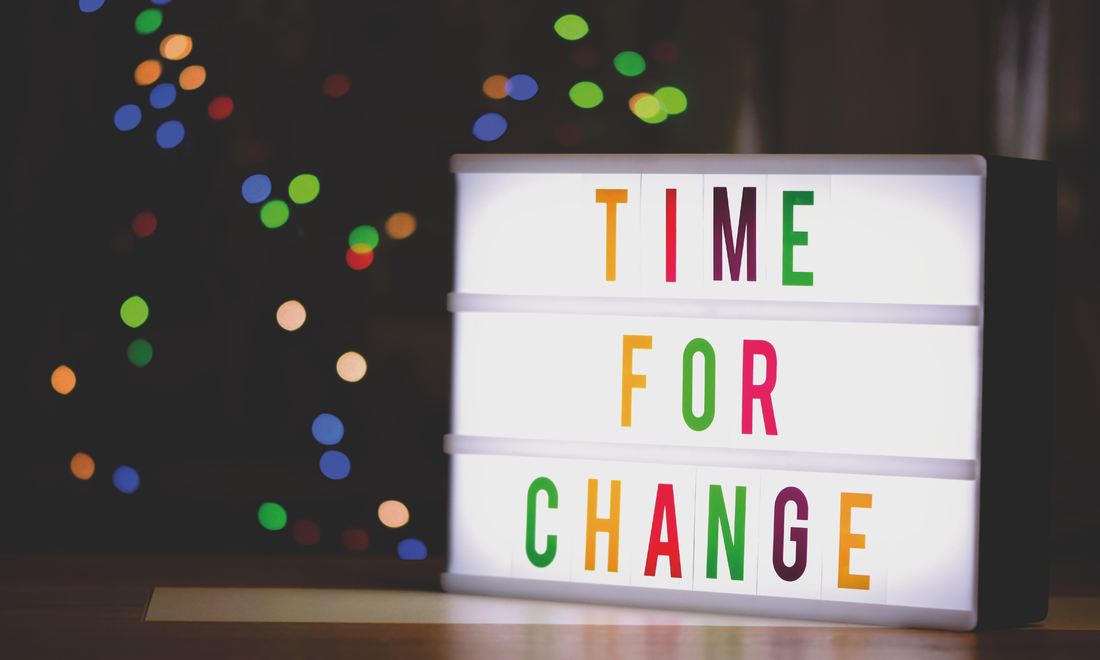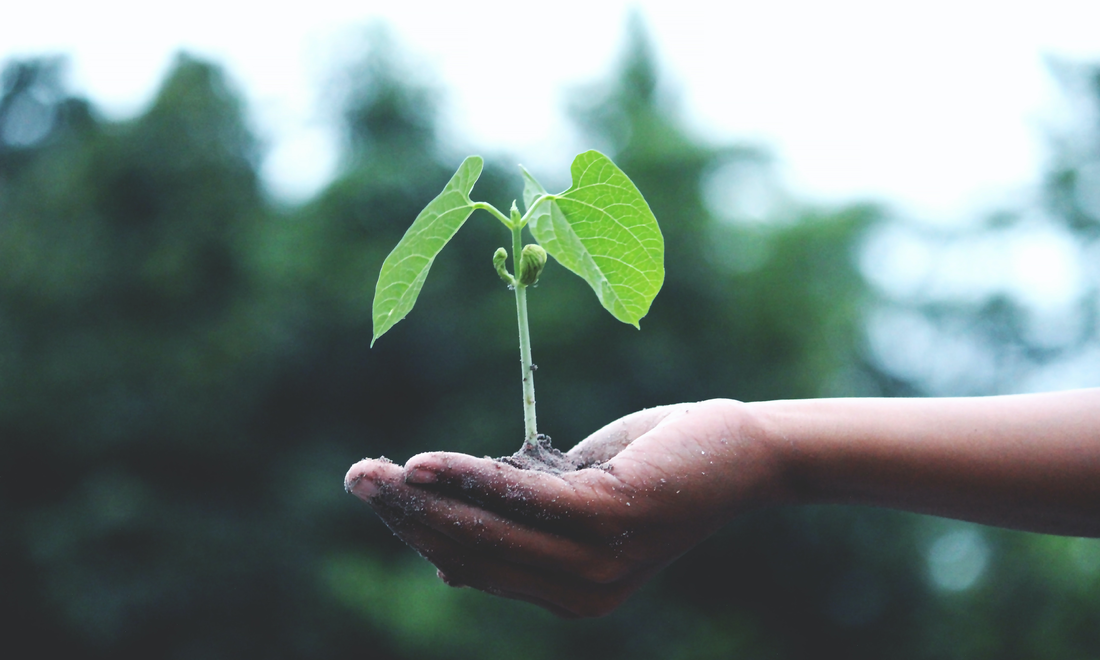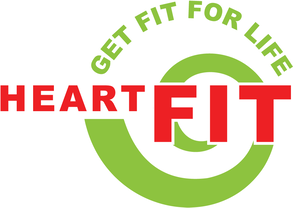|
Life is full of change. Sometimes we welcome it. Other times we try to ignore it. Some of us even outright resist it. But, change is constant. We usually don’t notice the little or the expected changes; it’s when we are caught off-guard that things can be difficult to accept and deal with. As we all know, things change constantly over the entirety of our lives. It's something that we can all relate to, and adaptability is a skill that benefits us regardless of which stage of life we're in. Many of our HeartFIT members are facing significant age-related changes. Some have retired, and many are dealing with the loss of friends and loved ones. Others are moving closer to family or downsizing their homes, and a number of HeartFitters are experiencing substantial changes in family dynamics. Big changes like these can be difficult to deal with, which is why learning to adapt can help us to cope with and accept our circumstances. We also recognise that with the COVID-19 pandemic, we are all going through an intense period of change. There is very little we can control about this situation, and though it may be short term, it is still difficult to adapt to the isolation of not seeing loved ones and having to forgo social activities from HeartFIT and all other aspects of your life. It is our hope that this month's newsletter will help you with adapting to these changes. A lot of the information and strategies we'll be sharing with you here can be helpful to younger generations too. We all go through change, so passing on this information may be useful to your friends, children, and even grandchildren too. If you read something that strikes a chord, why not forward on some articles and help others with learning adaptability - it's a skill we all need, regardless of age! Does Adaptability Impact Our Health? At HeartFIT, we recognise that your mental health and emotional wellbeing is just as important as your physical health. As such, when we talk about topics like adaptability, it is our hope that we can encourage you to train a healthy mindset as you train a healthy body. Big changes in our lives, particularly when they are negative or overwhelming, often greatly impact our mental and emotional health. Adaptability is a skill that can help us combat feelings that are weighing us down, and to accept things and remain positive as we get on with life. Click Read More below to continue this article. The following information comes from an article by Life Zemplified. It explains some benefits to becoming adaptable, and how we can increase our adaptability. Check out the link at the bottom of this section to read the full article. So, what does being adaptable mean? A quality said to be essential to the success of many is the ability to adapt to a continuously changing environment. Experts say our capacity to adjust to a variety of different circumstances is essential to enjoying a happy and satisfying life. “Our ability to have life satisfaction, to be happy [and] to have good relationships really depends on our ability to adapt.” - Guy Winch, Ph.D. When we are adaptable, we:
To increase our adaptability, we can practice:
Remember, it initially may require a strong will and discipline to accept change, but it will eventually become natural with time and practice. Adaptability is a skill, and it's something we can all learn to help us maintain a healthy and positive mindset. 5 Strategies for Adapting to Change Kathryn Sandford, an author and professional life coach, gives us five strategies we can use to adapt to change. 1. Changing Your Mindset – Your Power Choice. We like to live our lives in our comfort zone. Our subconscious likes this because it is the “known”. Embracing change is stepping into the unknown and our subconscious will does not like the “unknown,” so it will resist. Our fear and self-limiting beliefs will kick into action when we are faced with the disruptive consequences of change. There is no escaping the fact that change is a disruptor and it feels uncomfortable and scary. However, it is our power of choice that enables us to activate positive change in our lives. We cannot control the events of change in our life, but we can control how we react to the impact that these events have on our lives. The more you use your power of choice and the more you focus your mindset on positively adapting to change, the more resilient you will be to dealing with impact that change will bring to your life. 2. Find Meaning in Life. Knowing what is important in your life gives you purpose and sets the direction of how you want to live your life. With a sense of purpose and meaning in life, you have clarity and focus and both these elements are essential to you being able to successfully adapt and manage the impact of change in your life. Having no purpose or meaning means that you tend to drift in life within the confines of your comfort zone. Purpose and meaning in life gives you the courage to step out of your comfort zone – which is where you will find change and the opportunities it can offer to you. 3. Let Go of Your Regrets. Regrets have a huge impact on how you respond to change and they hold you back in life. Letting go of your regrets is key to you being able to move forward in life. You cannot change what you did or did not do in the past. The only control you have now is to choose to live in your present and future life. A great exercise to deal with regrets in life is to cut up some pieces of paper and on each piece write a regret. Then, let the paper go. Rip it up or scrunch the paper into a ball and throw it away. Say goodbye out loud to that regret and remind yourself that everything is okay now. 4. Write a List of Scary Things to Do – Then Go Do Them. Change is scary and it is all about stepping out of your comfort zone into the unknown. Our subconscious needs to get familiar with us stepping out of a comfort zone and doing scary things. Make a list of scary things that you would like to do but have been too afraid to. Put a plan in place and then go do them. Go have fun, challenge yourself and get yourself used to the feeling of being scared and stepping into the unknown. (NB: Stay safe - save trying out this step until COVID-19 is no longer a risk to your health). 5. Focus on Living a Balanced and Healthy Life. Living a balanced and healthy active life builds our resilience and ability to successfully manage the disruption that change can have on our lives. Stress is a normal response to dealing with changes and challenges in daily life. In the short term, stress can help you perform better under pressure, but constant stress can pose problems for your health. Finding positive ways to deal with the stress and pressure that we face daily is key to our survival on both a physical and emotional level. Check out the rest of Kathryn's article by clicking the button below: Adapting to and Embracing Change Adaptability is a skill that can greatly improve your quality of life. If change is accepted as a natural part of life, you will be better equipped to deal with it when it comes. Dr. Barton Goldsmith, an author and professional therapist, has some sentiments to share about embracing change. He says: "If the changes in your life are overwhelming, you don’t have to deal with them all by yourself. Friends, family, support groups, and counselors are available, but you do have to reach out and ask, which can be hard. It may be a struggle, but you don’t have to suffer. The love of those who care for you can make life much easier to deal with. Life can be difficult to navigate in our fast-moving society. Things are changing so quickly these days that by the time you’ve opened the box of your new mobile phone, it’s probably already obsolete. Learning (at your own pace) to deal with the changes going on around you is a great survival tool. We used to say “Go with the flow,” and that may be the most comfortable way to deal with the future." On a similar note, doctor, writer, and keynote speaker, Dr. Shimi Kang, has a unique method of learning adaptability. She has done a TED Talk on the topic, and it is well worth a watch if you have a spare 20 minutes on hand. You can find out more on the ideas spoken about in the video by clicking HERE. Check out Dr. Kang's video below:
0 Comments
Leave a Reply. |






 RSS Feed
RSS Feed
